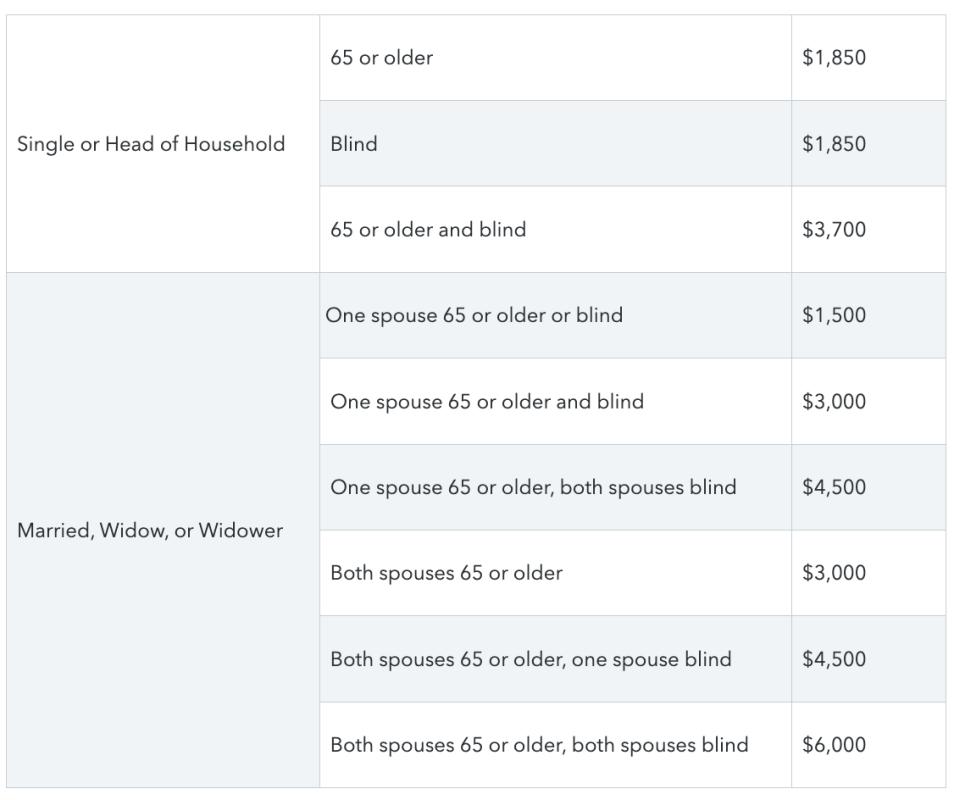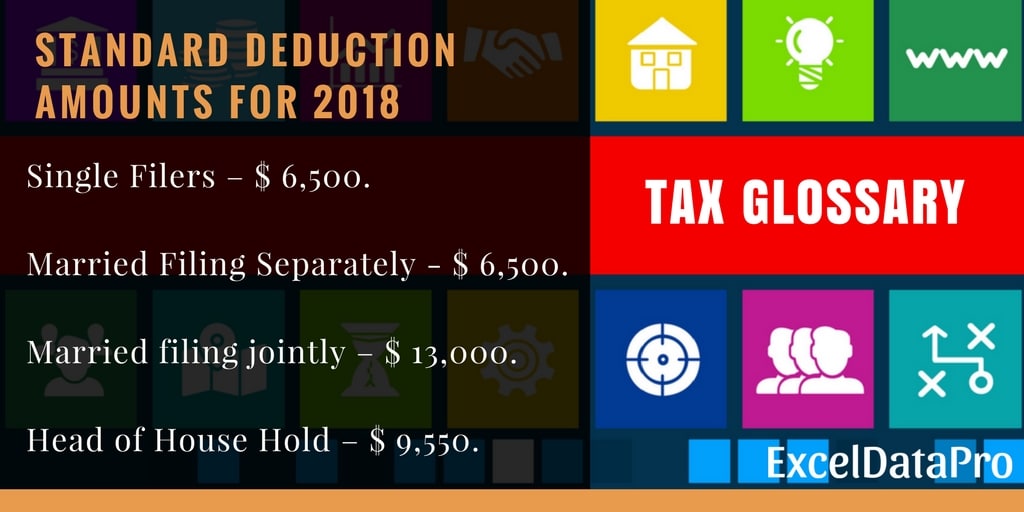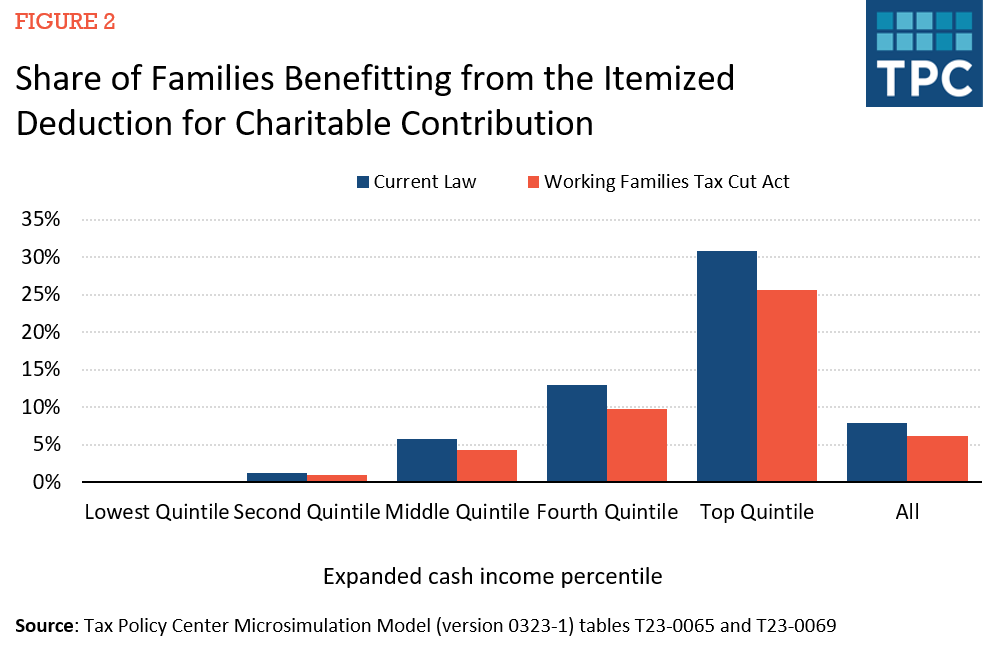The Foreign Earned Earnings Exclusion Explained: A Guide to Enhancing Your Standard Reduction
The Foreign Earned Earnings Exemption (FEIE) is a crucial tax provision for united state residents and resident aliens living abroad. It allows qualified expatriates to exclude a substantial portion of their foreign-earned revenue from government taxes. Understanding the nuances of FEIE can lead to significant tax obligation savings. Several individuals overlook vital details that can impact their qualification and benefits. Discovering these aspects may disclose opportunities for boosted tax results.
Recognizing the Foreign Earned Earnings Exemption
Numerous migrants look for opportunities abroad, comprehending the Foreign Earned Revenue Exclusion (FEIE) is essential for managing their tax commitments. This provision allows U.S. people and resident aliens living overseas to exclude a certain quantity of their earned earnings from government taxes. The FEIE was developed to minimize the tax obligation burden on individuals who live outside the USA, recognizing the distinct financial difficulties they might encounter.

Qualification Requirements for FEIE

Exactly how to Claim the FEIE
To efficiently declare the Foreign Earned Revenue Exclusion (FEIE), taxpayers must initially confirm their qualification based on details requirements - FEIE Standard Deduction. The procedure involves numerous steps, consisting of filing the proper forms and supplying necessary paperwork. Understanding these demands and treatments is important for optimizing tax benefits while living abroad
Qualification Requirements
Eligibility for the Foreign Earned Revenue Exemption (FEIE) hinges on conference details criteria established by the internal revenue service. To qualify, individuals need to be united state citizens or resident aliens that gain income while working abroad. They need to develop an international tax home, which indicates their major business is outside the USA. In addition, candidates must satisfy either the Authentic House Examination or the Physical Presence Test. The Bona Fide Home Examination calls for that a taxpayer stays in a foreign country for an entire tax year, while the Physical Existence Examination demands investing a minimum of 330 complete days in a foreign country during a 12-month period. Meeting these requirements is important for declaring the FEIE.
Filing Process Steps
Exactly how can one successfully browse the procedure of declaring the Foreign Earned Earnings Exemption (FEIE)? People have to establish their qualification based on the physical visibility examination or the bona fide home test. When confirmed, they ought to complete IRS Kind 2555, which information international earnings and residency. This form must be attached to their yearly income tax return, commonly Kind 1040. It is necessary to precisely report all foreign earned income and warranty conformity with the IRS standards. In addition, taxpayers need to preserve appropriate documentation, such great site as international income tax return and proof of residency. By following these actions, individuals can successfully assert the FEIE and potentially reduce their taxed earnings significantly, enhancing their total monetary position.
Computing Your Foreign Earned Income Exemption
While numerous migrants seek to optimize their monetary benefits abroad, comprehending the calculation of the Foreign Earned Revenue Exclusion is essential for exact tax coverage. The Foreign Earned Income Exemption allows certifying individuals to omit a certain quantity of their foreign incomes from U.S. tax, which is adjusted every year for inflation. To determine this exemption, expatriates should establish their total international gained income, which normally includes earnings, wages, and professional charges earned while living in an international country.
Next, they must complete internal revenue service Type 2555, offering information regarding their international residency and job condition. FEIE Standard Deduction. It's essential to satisfy either the authentic home examination or the physical visibility test to receive the exemption. As soon as these elements are developed, the optimum allowed exclusion amount is applied, lowering the person's gross income significantly. Exact calculations can result in considerable tax obligation financial savings for migrants living and working abroad
The Impact of FEIE on Other Tax Benefits
The Foreign Earned Earnings Exemption (FEIE) can affect a person's qualification for particular tax obligation benefits, including the conventional reduction. By leaving out international gained revenue, taxpayers might locate their adjusted gross earnings affected, which in turn can impact their certification for different tax obligation debts. Recognizing these communications is essential for maximizing tax obligation end results while living abroad.
Communication With Requirement Deduction
When people certify for the Foreign Earned Earnings Exclusion (FEIE), their eligibility for the basic deduction might be influenced, possibly changing their overall tax responsibility. The FEIE permits taxpayers to omit a specific amount of earned revenue from united state tax, which can result in a reduced taxed revenue. Therefore, if the excluded revenue goes beyond the common deduction, it can diminish the advantage of declaring that deduction. In addition, taxpayers that utilize the FEIE might discover that their ability to detail reductions is also affected, as specific expenses might be affected by the exemption. Comprehending this interaction is crucial for expatriates to maximize their tax obligation benefits while making certain compliance with united state tax obligation laws
Qualification for Tax Credit Scores
Guiding with the intricacies of tax credits can be testing for expatriates, particularly since the Foreign Earned Earnings Exemption (FEIE) can significantly affect eligibility for these advantages. The FEIE allows eligible people to exclude a considerable portion of their international revenues from U.S. tax, but this exclusion can additionally affect access to numerous tax credit reports. For example, taxpayers who use the FEIE might find themselves ineligible for debts like the Earned Income Tax Credit History (EITC), as these credits usually need gross income. In addition, the exemption might restrict the capacity to assert particular reductions or credit ratings related to dependents. Understanding the interplay in between the FEIE and readily available tax obligation debts is essential for migrants intending to enhance their tax circumstance.

Usual Errors to Stay Clear Of When Declaring FEIE
Generally, expatriates encounter a number of challenges while asserting the Foreign Earned Income Exclusion (FEIE), which can bring about costly errors or missed out on opportunities. One frequent error is falling short to meet the physical existence or authentic house test, which is vital for qualification. In addition, migrants frequently ignore the need to submit Form 2555 correctly, leading to insufficient or imprecise submissions.
One more typical error includes inaccurately computing international gained income, More Bonuses as many do not account for all relevant income sources. Some expatriates incorrectly presume they can omit all their earnings, uninformed of the restrictions on the exclusion amount. Overlooking to maintain proper documentation, such as traveling days and residency standing, can endanger an insurance claim. Lastly, misunderstanding the implications of the FEIE on other tax credit scores may lead to unintended tax obligation obligations. Awareness of these challenges can promote a smoother declaring process and maximize possible benefits.
Resources for Expats Navigating U.S. Tax Obligations
Maneuvering united state tax obligations can be testing for expatriates, specifically after running into mistakes in claiming the Foreign Earned Earnings Exclusion (FEIE) To aid navigate these intricacies, a variety of sources are offered. The internal revenue service web site provides substantial information on tax obligation policies, kinds, and FAQs especially tailored for migrants. In addition, organizations like the American People Abroad (ACA) and the Deportee Tax Professionals deal advice and support to ensure conformity with tax legislations.
On-line forums and neighborhoods, such as the Deportee Forum, enable migrants to share experiences and understandings, fostering a helpful setting for those dealing with comparable challenges. Furthermore, tax obligation prep work software, like copyright and H&R Block, typically consists of attributes designed for expats, making the filing process a lot more straightforward. Involving with these sources can equip migrants to much better recognize their tax obligation commitments and maximize benefits like the FEIE.
Regularly Asked Inquiries
Can I Assert FEIE if I'M Independent Abroad?
Yes, independent people abroad can declare the Foreign Earned Earnings Exclusion (FEIE) To qualify, they must meet specific needs pertaining to residency and revenue, guaranteeing they abide by IRS guidelines for migrants.

Is the FEIE Applicable to Foreign Pensions?
The Foreign Earned Revenue Exemption (FEIE) is not suitable to foreign pensions. Pension plans are thought about unearned earnings and do not receive the exemption, which especially puts on earned revenue from work or self-employment abroad.
What Occurs if I Go Back To the United State Mid-Year?
They might require to adjust their tax scenario if a private returns to the U.S. mid-year. Their qualification for specific deductions and exclusions, consisting of the Foreign Earned Earnings Exclusion, can be impacted by their residency standing.
Can FEIE Be Reported With Other Reductions?
Yes, the Foreign Earned Income Exemption (FEIE) can be asserted along with various other deductions. Care has to be taken to guarantee appropriate conformity with tax obligation regulations, as specific limitations may use based on individual situations.
Just How Does FEIE Affect State Tax Obligation Commitments?
The Foreign Earned Income Exemption can decrease a taxpayer's federal income tax obligation responsibility, but it does not immediately influence state tax responsibilities, which differ by state and might still require coverage of foreign earnings.
Several expatriates seek chances abroad, recognizing the Foreign Earned Income Exclusion (FEIE) is important for handling their tax obligation obligations. By excluding foreign made revenue, taxpayers might find their adjusted gross income impacted, which in turn can influence their qualification for various tax credit histories. Guiding through the complexities of tax credit scores can be testing for migrants, specifically since the Foreign Earned Income Exclusion (FEIE) can greatly impact eligibility for these benefits. Taxpayers who make use of the FEIE might locate themselves disqualified for credit histories like the Earned Revenue Tax Obligation Credit Resources Rating (EITC), as these credit histories normally need taxable income. Maneuvering United state tax obligation responsibilities can be testing for migrants, particularly after coming across mistakes in claiming the Foreign Earned Income Exemption (FEIE)